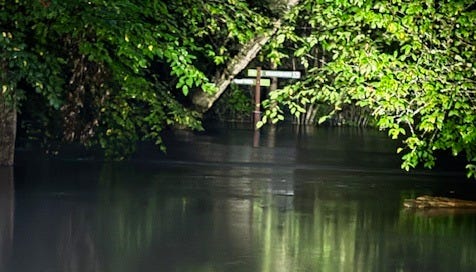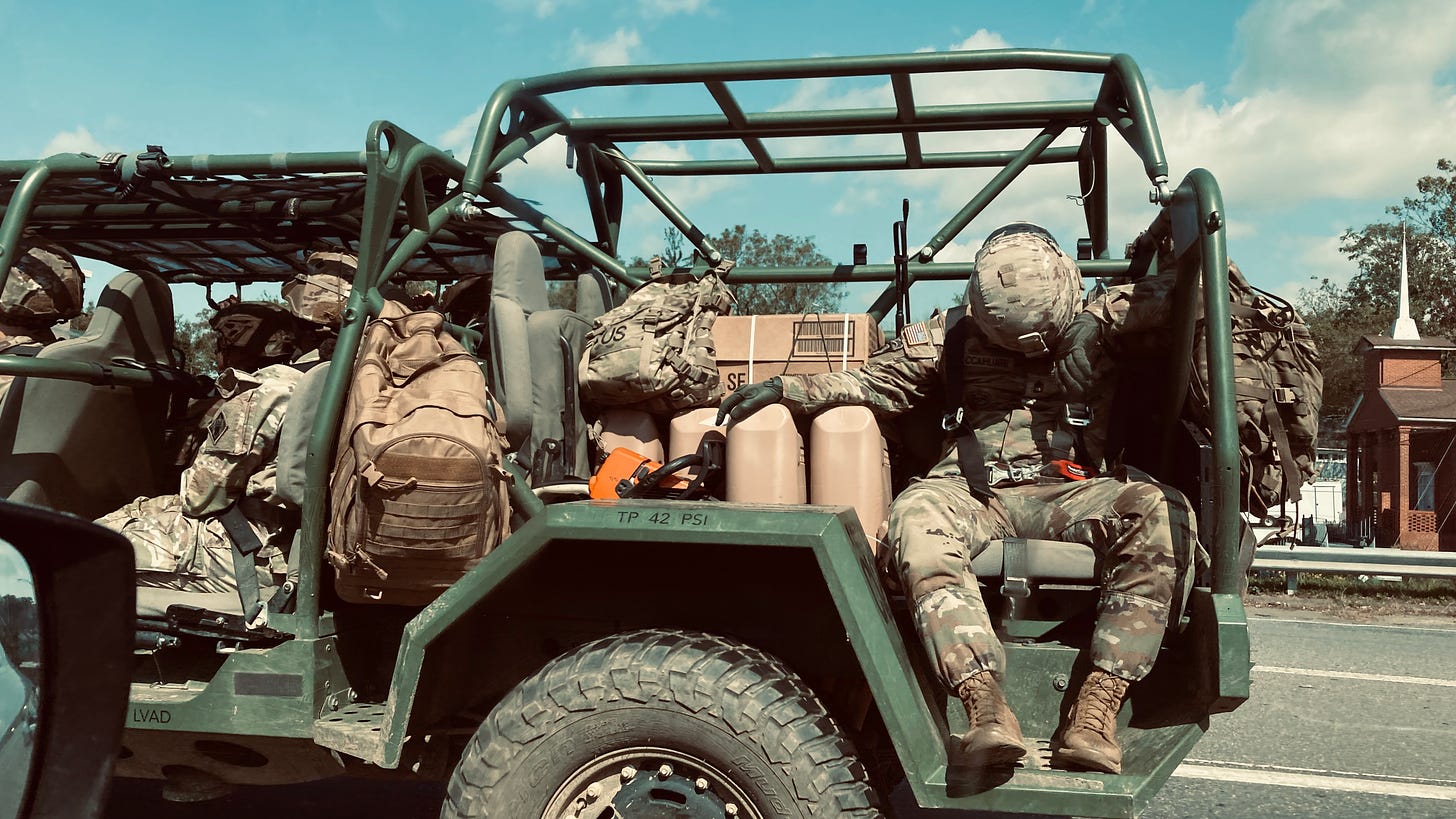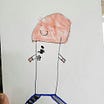Hey all,
I wanted to chime in again about military culture in the face of adversity. Many of you know that Hurricane Helene came through and hit Augusta, Georgia, hard. Georgia Power says this storm is orders of magnitude worse than the famous “2014 Ice Storm.” 99% of the county I am in …
Keep reading with a 7-day free trial
Subscribe to Grumpy Combat Veteran to keep reading this post and get 7 days of free access to the full post archives.




